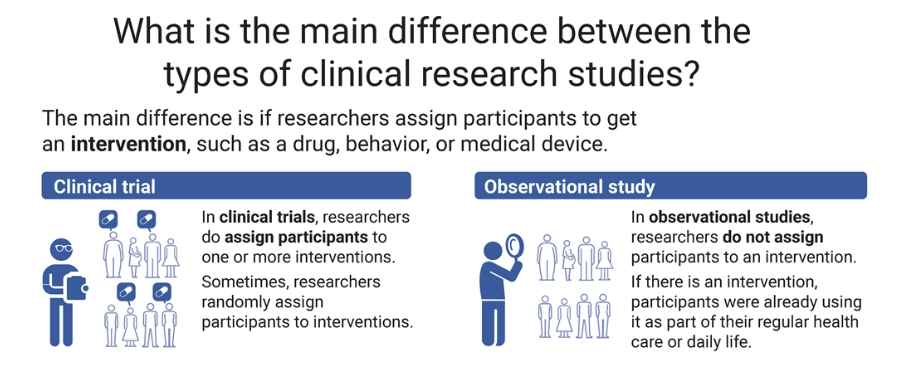Clinical Trials: Advancing Hope Through Research
Discover how participating in clinical trials can help shape the future of mitochondrial disease treatment - and what it could mean for you and your family.

What are Clinical Trials?
Clinical trials are research studies that explore new ways to prevent, diagnose, or treat diseases, including mitochondrial disease. They are critical for developing new treatments and improving patient care.
Why Participate?
- Access to New Treatments: Participants may receive access to cutting-edge therapies before they are widely available.
- Contribution to Science: By participating, you contribute to the advancement of medical knowledge and help others with mitochondrial disease.
- Formal Monitoring: Clinical trials often provide participants with additional medical attention and monitoring.

Current Study: Understanding the Natural History of Mitochondrial Disease
We are currently enrolling participants in a long-term observational study that aims to better understand how mitochondrial diseases progress over time. By collecting detailed clinical information and biological samples, this research will help identify important patterns, biomarkers, and potential targets for future treatments.
This study does not involve any experimental treatments. Instead, participants will be followed during their routine clinical visits and invited to contribute to the Australian Mitochondrial Disease Centre (AMDC) Biobank—a vital resource for advancing diagnosis and care for mitochondrial disease.
Participation is entirely voluntary and designed to be minimally disruptive, with most visits aligned with standard care. Individuals with confirmed mitochondrial disease and their eligible family members may be invited to take part.
If you are interested in learning more or discussing eligibility, please contact our research team: clinics@neura.edu.au